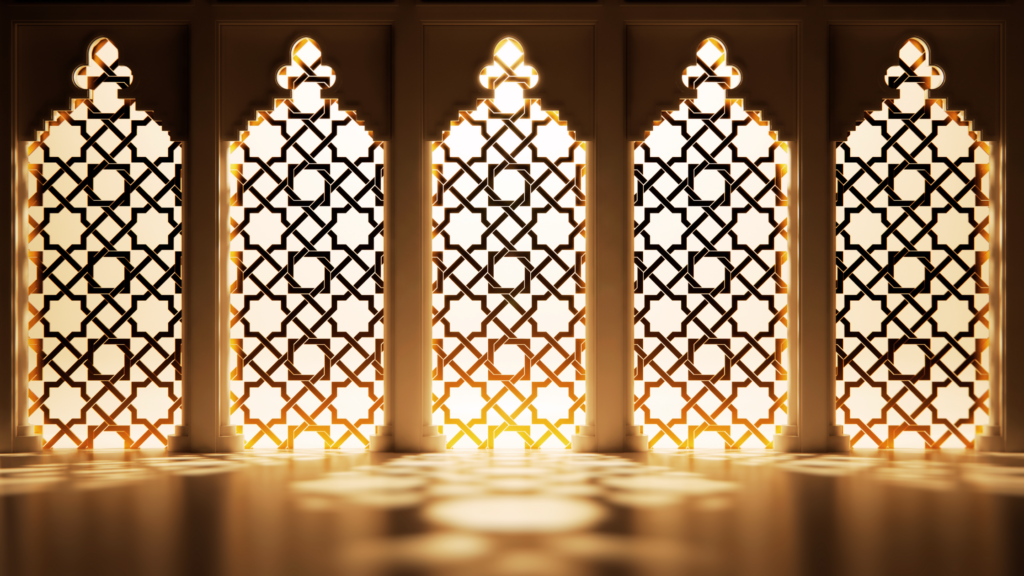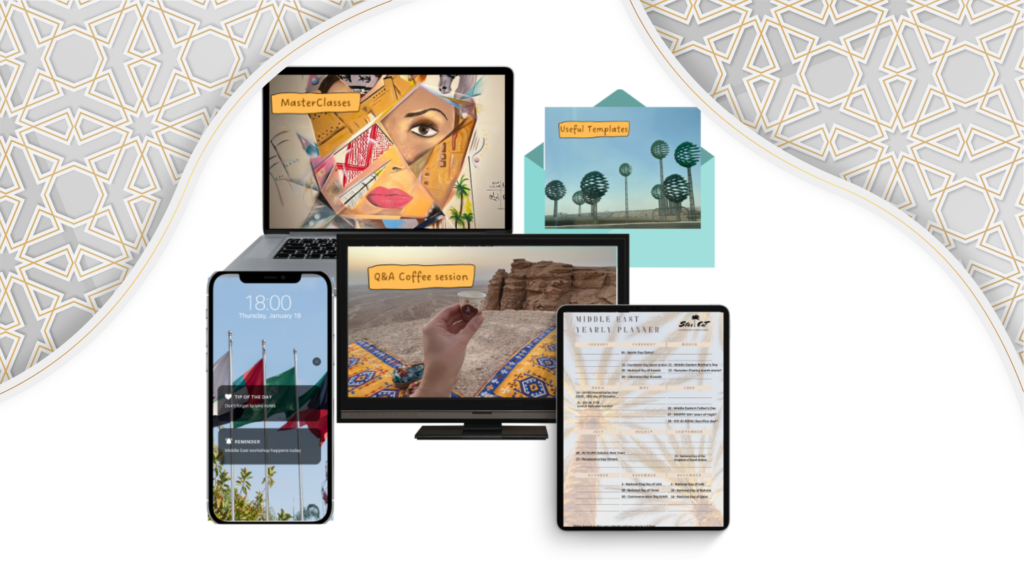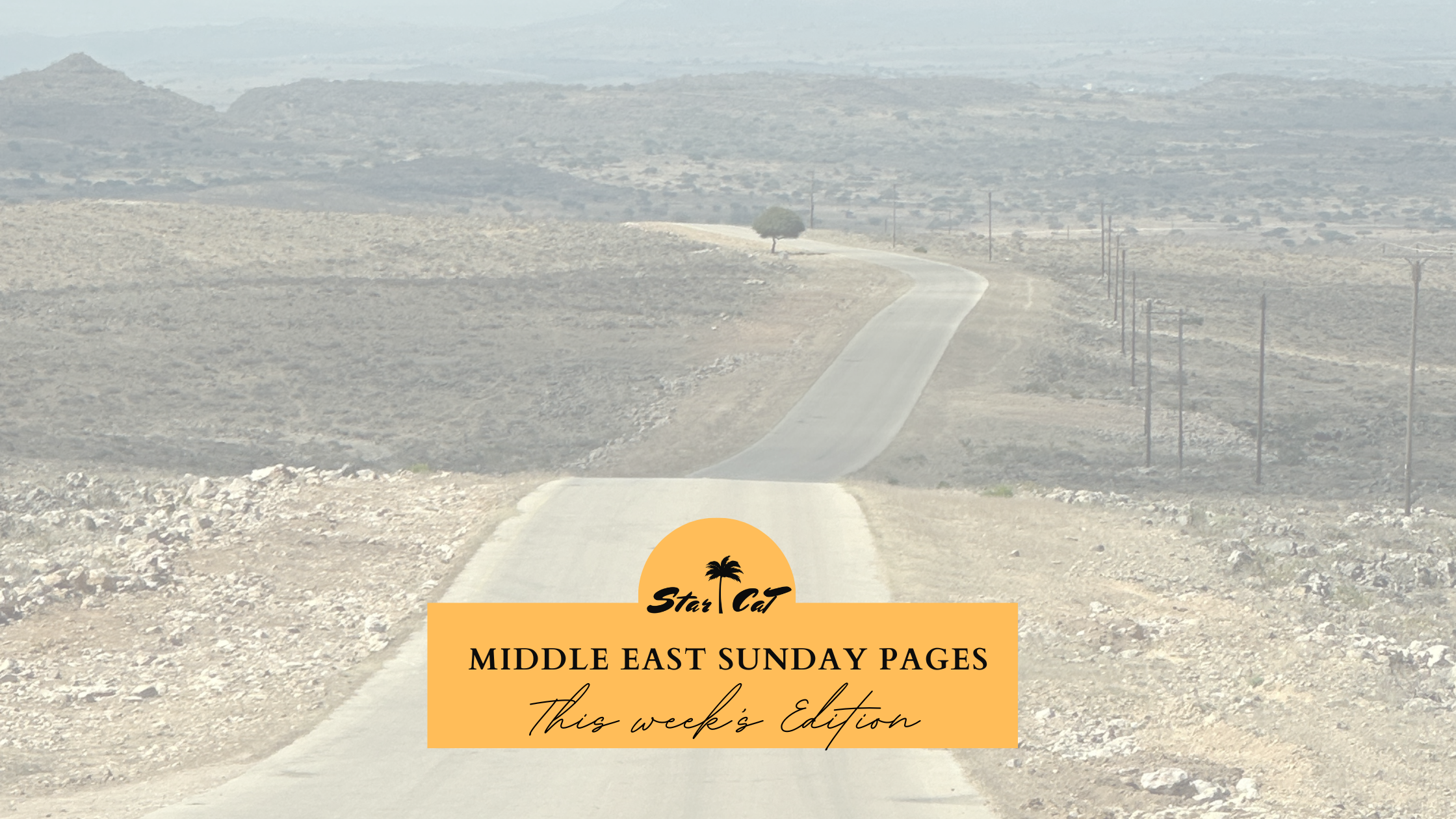
Eid El Fitr
Eid al-Fitr is a significant Islamic holiday that marks the end of the holy month of Ramadan. It is celebrated by Muslims worldwide, and it is a time of joy and festivities. In this blog post, we will discuss the history, traditions, and significance of Eid al-Fitr.
History of Eid al-Fitr
Eid al-Fitr, also known as the “Festival of Breaking the Fast,” is one of the two major Islamic holidays celebrated annually. It is celebrated on the first day of Shawwal, the tenth month of the Islamic calendar. The holiday marks the end of Ramadan, the holy month of fasting, prayer, and reflection.
The celebration of Eid al-Fitr dates back to the time of the Prophet Muhammad. According to Islamic tradition, after the revelation of the Quran, the Prophet Muhammad began to fast during the month of Ramadan.
On the last day of Ramadan, he broke his fast and celebrated the occasion with his followers. The celebration became an annual event, and it has been observed by Muslims worldwide ever since.

Traditions of Eid al-Fitr
Eid al-Fitr is a time of joy and celebration. Muslims all over the world gather together to participate in communal prayers and festivities. The celebrations usually last for three days, and they are marked by a variety of customs and traditions.
One of the most significant traditions of Eid al-Fitr is the giving of gifts. Muslims exchange gifts with family, friends, and neighbors as a symbol of love and appreciation. Children are often given toys, sweets, and money to celebrate the occasion.
Another important tradition is the Eid prayer. Muslims gather in mosques or in large outdoor spaces to perform the Eid prayer, which is led by an Imam. The prayer is followed by a sermon, which is meant to inspire and motivate Muslims to continue living in the spirit of Ramadan.
Food is also an essential part of the Eid al-Fitr celebrations. Families and friends gather together to share meals and feasts. Special dishes, such as sweet vermicelli, biryani, and samosas, are prepared for the occasion.

Significance of Eid al-Fitr
Eid al-Fitr is a time of renewal and reflection. It is a time to reflect on the blessings that Allah has bestowed upon Muslims and to give thanks for these blessings. It is also a time to seek forgiveness for any wrongdoings and to renew our commitment to living a life of faith and devotion.
The holiday also has significant social and cultural significance. It is a time for Muslims to come together and celebrate their shared beliefs and traditions. It is a time to strengthen family ties, to show generosity to others, and to promote unity and harmony within the Muslim community.
For Westerners this means, you should be sending Greetings or Gifts for clients, friends and colleagues as this is as important as the Christmas in the West. We have a variety of Greeting cards in our Middle East Planner.
Conclusion
Eid al-Fitr is a significant Islamic holiday that celebrates the end of Ramadan that you need to acknowledge when you are doing business with the Middle East.
We know it can often we overwhelming knowing when the exact date is (as this again is determined by the Moon Sighting Committee) and remembering sending gifts and greetings.
This is another benefit of our Middle East Planner because we remind you ahead of time, send you Greeting cards that are ready to use and also give you ideas on gifting.





This Post Has 0 Comments